
“Data is the crude oil of the modern economy. And we are now in an environment where we don’t know who should own these new oil fields.” Among all of the twists and turns surrounding Brexit, the speech that Boris Johnson gave in front of the UN General Assembly this Tuesday certainly belongs to the more bizarre. Mere hours after the UK’s Supreme Court delivered its verdict that his prorogation of parliament was unlawful – with the effect that half of the British political establishment immediately demanded his resignation – Johnson used his speech before the world’s statespersons and dignitaries (and media) in New York to warn against the dangers of surveillance capitalism and digital automisation, in terms that could be borrowed from author Shoshana Zuboff or philosopher Bernard Stiegler.
“You may keep secrets from your
friends, from your parents, your children, your doctor, but it takes real
effort to conceal your thoughts from Google,” Johnson explained to his puzzled
audience. “Your every habit is minutely transcribed in tiny electronic shorthand,”
and then uploaded to “some great cloud of data that lours ever more
oppressively over the human race, a giant dark thundercloud waiting to burst.”
This was not the speech about the greatness of British industry and lucrative
transatlantic trade agreements that many had expected.
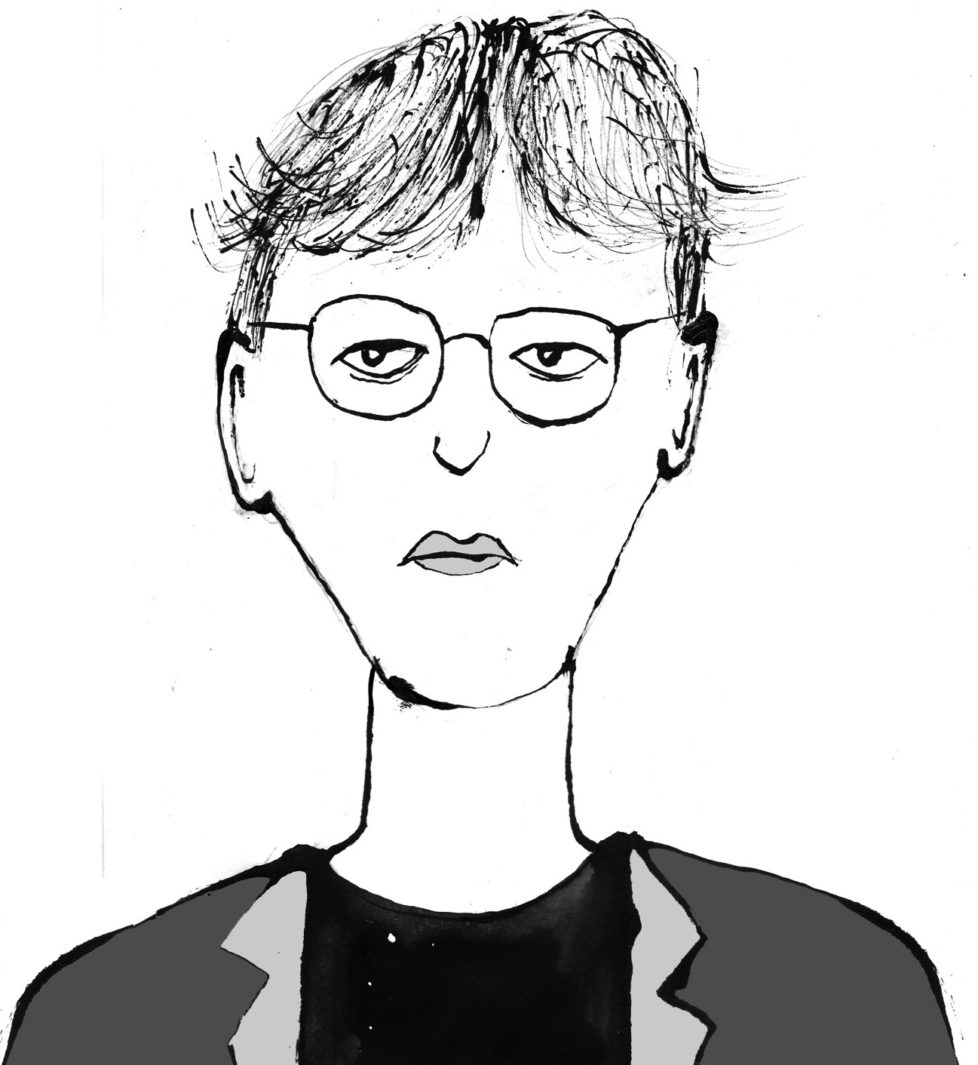
So why? What was the point? Did Johnson want to win over a new segment of the British electorate, the techno-sceptic Verso-readers, for his nihilistic No Deal Brexit project? Curious choice of stage, in that case. Was it Johnson’s repressed class consciousness that burst forth through the cracks of his exhausted superego? Not unthinkable. Or did he just want to confound expectations, to prevent objections and debate by changing the subject, delivering punchy one-liners (there are a few) and pretending to take the position of his critics?
A combination of the latter two, I’d say. Johnson is a standard bearer for the memeification of politics. He gives incoherent speeches, makes a fool of himself in debates with opposition politicians and dissident party members, and is conclusively refuted by journalists and experts. But none of it matters: his words are not directed to his detractors or to a critical public sphere. He plays for the cameras, he delivers soundbites and slogans preaching to the choir. He reaches his audience through the data refineries of digital platforms, the objects of his own warnings in New York: balkanised social media and ruthlessly partisan media houses. The more efficiently the opposition challenges him, the more efficient he gets. A strong argument is a strong counter-argument.
Everything becomes its opposite. If you hold him accountable for his lies, he will respond by accusing you of being a liar, the world’s worst liar, the greatest liar in history, and also a coward. Contradictions are inconsequential, hyperbole is normality, language is exhausted. The philologist Victor Klemperer wrote about a comparable situation, in his diary on the language of the Third Reich, Lingua Tertii Imperii (1947): the victims of violence and repression were routinely accused of themselves being responsible for the violence and the repression; this caused a sort of semantic depletion, where it was increasingly difficult to maintain distinctions and formulate common goals.
The register is different, but it is according to the same logic that Johnson can stand at the UN pulpit and advocate global regulation of digital platform companies at the same time as his political project is based on transforming the UK into an enormous free trade zone, where the same companies will be able to conduct their affairs without having to concern themselves with such inconveniences as taxes or labor laws.
What is to be done? Or, to refer this back to our context here: what can art, critique, or culture do? After all, Johnson’s id was right in the UN speech: these are political problems, which demand political solutions. The destruction of the public sphere can only be countered at the level where the agents of destruction operate. The power of the new global monopolies can only be curtailed through global regulation and reform. New structures must be created, at the same scale. Is this beyond the reach of culture?
This summer, with a few years’ delay, I read Paul Mason’s Postcapitalism: A Guide to Our Future (2015). It’s an edifying book, which pedagogically accounts for the structural reasons of today’s economic and social crisis. The development of technology, which could lead to social liberation, is instead, under the hegemony of the neoliberal programme, causing rampant social inequality and destruction of the biosphere. But the dynamics of capitalism, Mason argues, can no longer control the new forces, which instead point beyond capitalism, toward other types of social and economic organisation.
As a techno-critic, Paul Mason is not dissimilar to the techno-critic Boris Johnson. Not only in the regard that Johnson in New York used formulations that could have been lifted from Mason’s book, but also in the sense that they both belong to the same discourse, the same world of issues and problems. They discuss hard grown-up issues such as economy and technology, not soft childish ones like art or culture.
In the “postcapitalist” vision that Mason outlines at the end of his book, where the sharing economy of contemporary information technology is the foundation for an entirely new form of society, there is no culture. Not that Mason would be against it – but the question is not posed, the issue is not raised. Mason’s “project zero” is something rather new: a socialist vision of the future without artists. This does not invalidate his argument, but it suggests a kind of lack of confidence in cultural practices within progressive political thinking, that I believe is symptomatic.
To Think With One’s Hands: this is the title of a book by a Swiss author and thinker rarely quoted today, Denis de Rougemont. It was published in the spring of 1936, a historical moment that is not without parallels to our own. Rougemont found the deepest cause of his era’s European crisis in modern society’s fundamental separation between thought and hand, between spiritual labor and manual labor, between the intellectual elite and the working class. The task, he held, was to recreate a common measure, which could gather people around a common pursuit, where thought and hand could once again be united. And culture was the sphere of human activities where such unification could take place.
What Rougemont turned against was, on the one hand, what he saw as a certain fatalism among intellectuals and artists, according to which the period’s political and social forces were beyond the reach of any critical, cultural project; and, on the other hand, a sort of repressive populism, which placed intellectual work and free artistic creation outside the reach of the classes whose labour upheld society. Those who had the opportunity to think, in other words, were incapable of acting, and those who had the power to act had no opportunity to think. “Some think, others act, it is usually said. But the true condition of the human being is to think with the hands.”
Rougemont’s book belongs to a distant time, and its arguments and proposals are problematic in all kinds of ways. But as a provocation to think the role of art and culture in today’s complex, illegible, and polarised political landscape, it may perhaps have a kind of untimely actuality. Can it be worthwhile today to once again pose the question of the relation between thought and hand, in a situation where cultural policies are faced with the constant threat of being dismantled during the next election cycle? How should we understand the call to think with the hands with respect to the transformations of the labour market and the new status of ‘immaterial’ or ‘cognitive’ labour? Can the idea of the thinking hand be a possible model for clarifying the politics of ‘artistic research’? In this column, I will return to Rougemont’s phrase, and by way of discussions of recent events and debates attempt to approach its central question about culture’s political sphere of action.
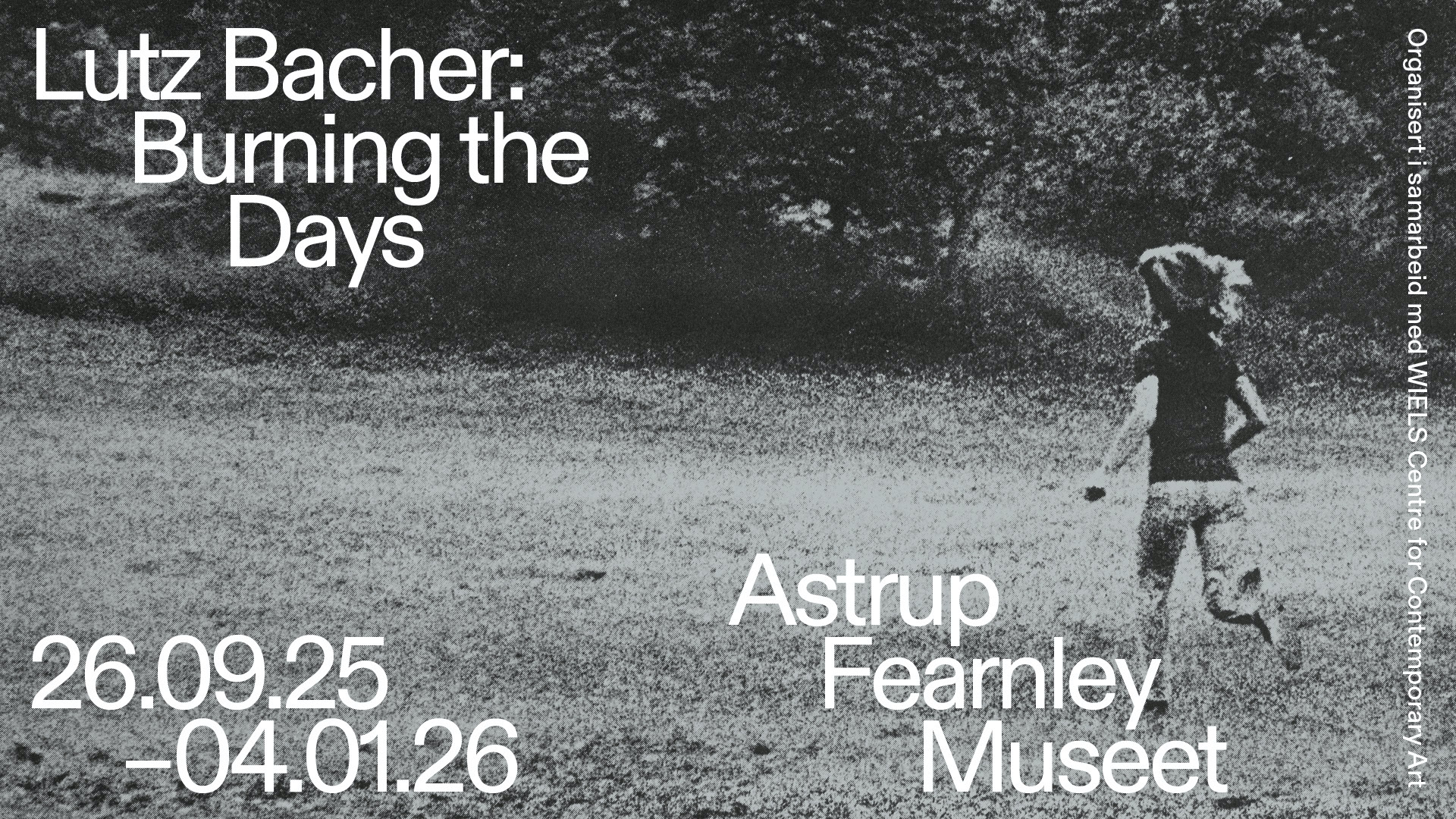


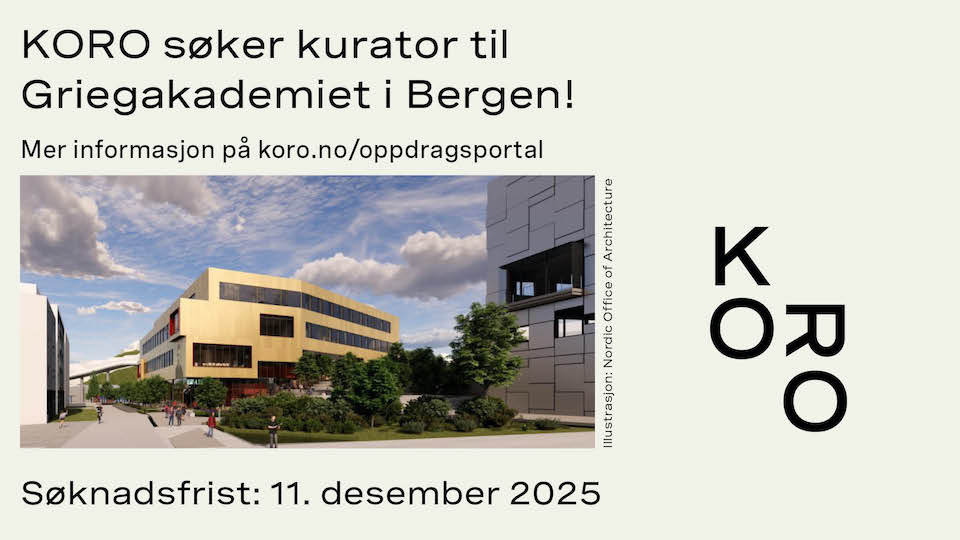
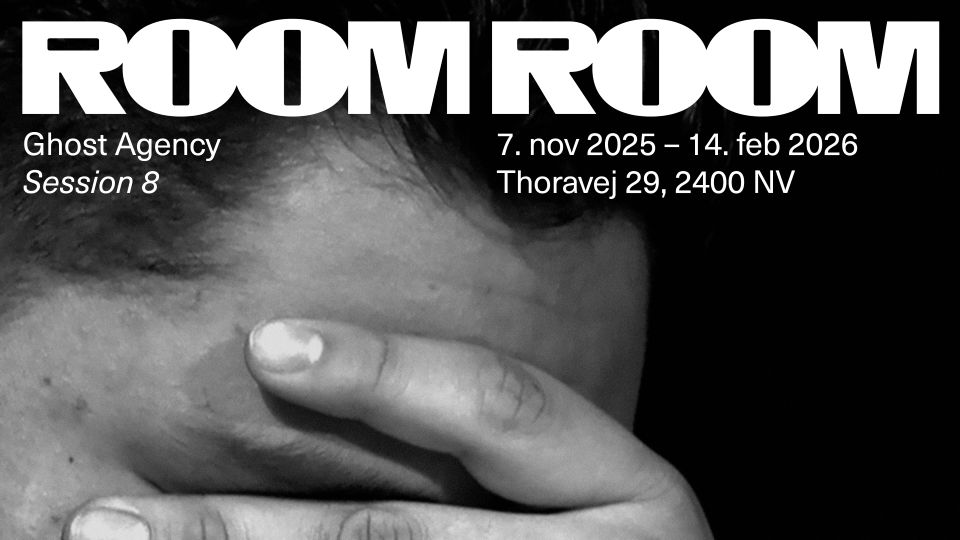

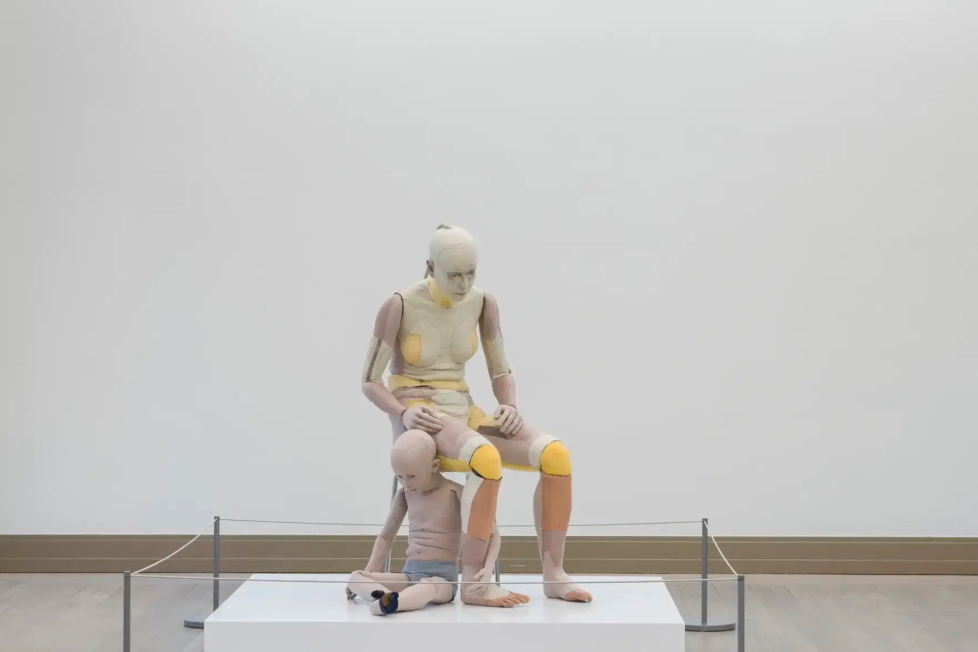
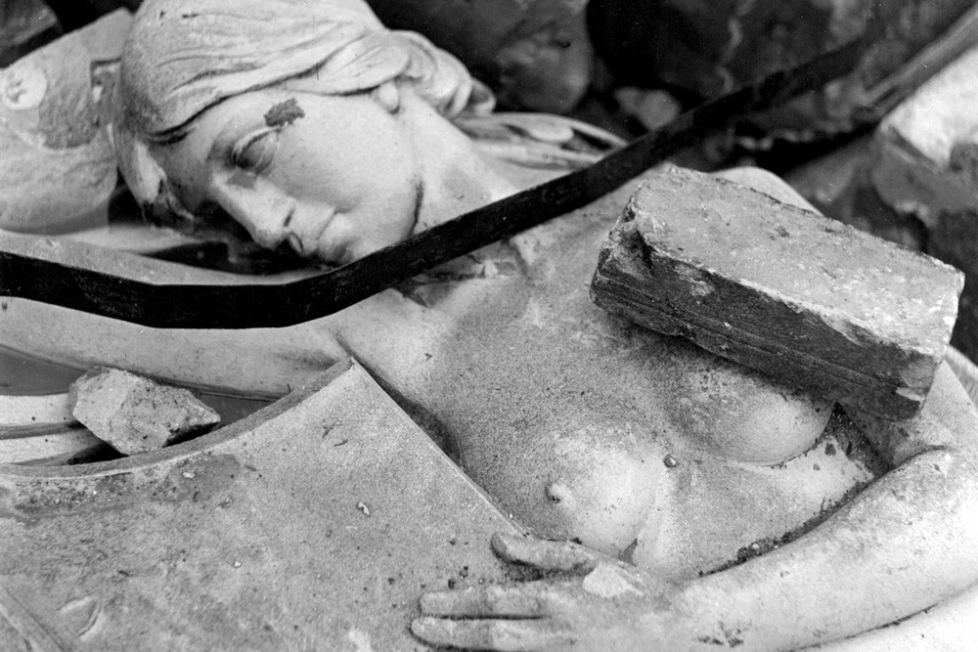

Comments